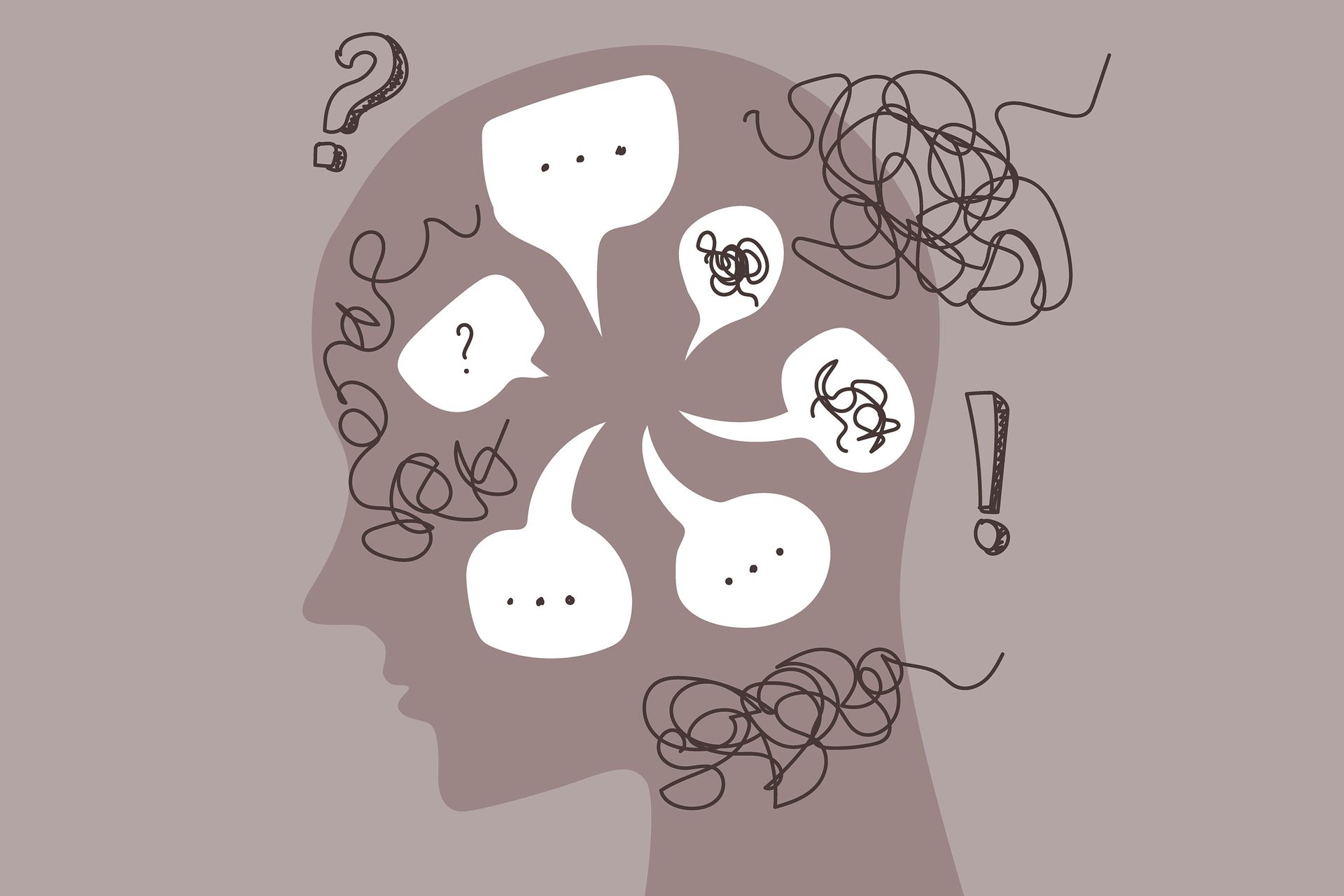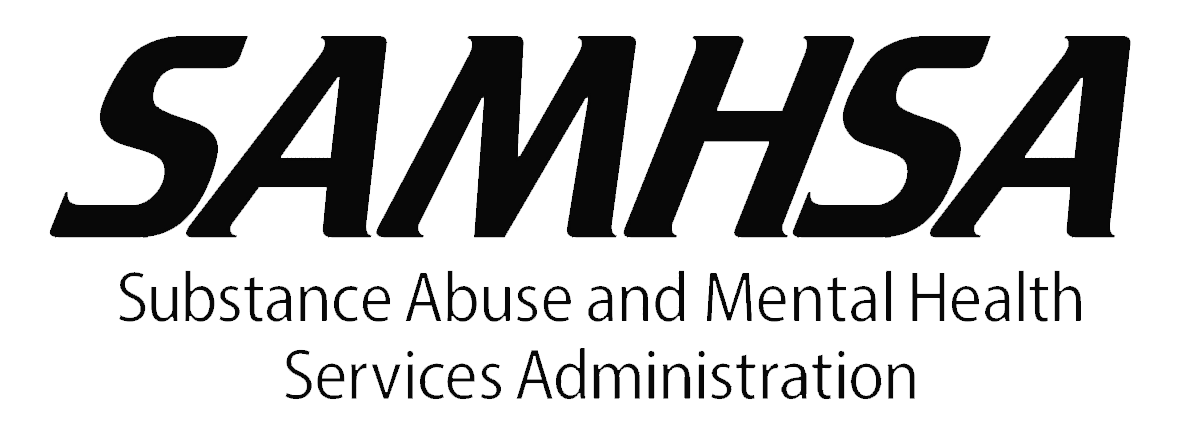Words From The HOODē

Being a single mom of three teenagers, running a nonprofit, caring for my extended family, and keeping up with my two adorable French dogs — life is full. Some days feel like a whirlwind of responsibilities, decisions, and endless to-do lists. But even in the chaos, I’ve learned that finding small moments of joy and self-care is not just helpful — it’s essential. What Self-Care Looks Like for Me Self-care doesn’t always mean spa days or long vacations (though I wouldn’t say no to either!). Sometimes, it’s the little things that keep me grounded and energized: 🐾 Playing fetch with my dogs in the backyard — their joy is contagious. 💅 Getting my nails done — a small act that makes me feel polished and put together. 🎶 Blasting music in the car with my kids — singing, laughing, and just being silly together. 💃 Random dance parties at home — no choreography, just pure fun. Why It Matters Here’s the truth: you can’t pour from an empty cup. If you don’t take care of yourself, it becomes harder to care for others, lead effectively, and show up fully in your life. These small acts of self-care aren’t indulgent — they’re necessary. A Gentle Reminder If you're feeling overwhelmed, I encourage you to find your own version of a dance party. Whether it’s a quiet cup of coffee, a walk with your dog, or a spontaneous singalong — you deserve it.

Back to School: The Mental Health Glow-Up We All Need The summer vibes are fading, and suddenly, the group chats are full of schedules, syllabi, and first-day fits. Going back to school hits different every year — sometimes it feels exciting, sometimes it feels like a ton of bricks. And honestly? Both feelings are valid. Starting school again isn’t just about new notebooks and figuring out where your classes are. It also comes with a bunch of mental health challenges that don’t always get talked about. Let’s be real about a few of them: 1. The Pressure to Be “On” Everyone’s comparing grades, GPAs, or even how they’re “so ahead” on college apps. It can feel like you need to perform 24/7. That pressure can sneak into your brain and leave you drained before you even start. Reminder: you are not your grades. Your worth isn’t tied to a number. 2. Social Shuffle Maybe your friend group changed over the summer. Maybe you’re walking into a class where you don’t know a soul. That stuff is stressful. Feeling alone in a crowded hallway is one of the toughest mental health battles, but it’s also the one most people don’t admit to. You’re not the only one feeling awkward, nervous, or out of place. 3. The Balancing Act Sports, clubs, part-time jobs, family stuff — suddenly it’s like you’re juggling flaming torches while riding a bike. Burnout is real. And it doesn’t just look like being tired; it can look like losing interest in stuff you used to love, snapping at people, or feeling totally numb. 4. Comparison Culture Scrolling through social media and seeing everyone “living their best life” during back-to-school season can hit hard. You start wondering: am I enough? Do I look the part? Do I measure up? Here’s the truth — comparison steals joy. Nobody posts their breakdowns over homework at 1 a.m. 5. Anxiety in Disguise Sometimes it’s easy to brush off anxiety as “just nerves” or “being dramatic.” But things like racing thoughts before class, constant stomachaches, or overthinking every word you say aren’t just quirks. They’re signals your mental health needs attention — and that’s nothing to be ashamed of. So, what do we do about it? Check in with yourself : Are you tired, anxious, overwhelmed? Name it. Owning how you feel is step one. Find your person : A friend, a teacher, a coach, a counselor. You don’t have to vent to everyone, but you should have at least one person you can be real with. Set boundaries : It’s okay to say no to extra clubs, study sessions, or hangouts if you need to recharge. Unplug : Give yourself breaks from the constant scroll. Your brain needs downtime, too. Celebrate small wins : Did you show up today? That counts. Did you take a breath when you felt stressed? That counts too. Back-to-school season is never just about academics — it’s about learning how to take care of yourself while navigating a lot of moving pieces. Don’t let the pressure or comparison steal your spark. You’ve got this year, and you’ve got the right to make your mental health a priority. Because the real glow-up this semester? Protecting your peace. ✨ #BackToSchool #MentalHealthMatters #YouGotThis #HOODe #HOODeCo #MakeMentalHealthVisible

Let’s be real — overthinking is basically your brain’s way of running a 24/7 streaming service… except the episodes are just you replaying old conversations and imagining worst-case scenarios that never actually happen. The plot twists? Nonexistent. The cliffhangers? Brutal. The ratings? Zero stars. But if you’ve ever found yourself stuck in that loop — lying in bed replaying the text you sent, or stressing about what someone really meant when they said “sounds good” — you’re not alone. Overthinking is common, especially in a world where we’re constantly bombarded with notifications, opinions, and the pressure to “have it all figured out.” Why We Overthink We want control. Your brain thinks if it replays every possibility, it can protect you from embarrassment or failure. Social media pressure. Seeing curated lives online makes you second-guess your own choices. Fear of judgment. We worry about how others see us, sometimes more than how we see ourselves. The Problem with Overthinking The issue? Overthinking doesn’t give you more control. It just drains your energy, keeps you stuck, and robs you of peace. It’s like keeping 47 tabs open on your laptop — the more you try to manage, the slower everything runs. How to Chill Your Mind Here are some quick Gen Z-friendly hacks to step off the hamster wheel: Name it. Literally say, “Oh hey, I’m overthinking again.” Calling it out helps you separate you from the thoughts. Set a time limit. Give yourself 10 minutes to think about it, then move on. Your brain doesn’t get unlimited screen time. Distract with movement. Go for a walk, dance to your playlist, or hit the gym. Your body can break the thought loop. Write it out. Journaling or even dumping thoughts into your Notes app clears mental clutter. Ask: will this matter in 5 years? If not, it probably doesn’t deserve today’s energy. The Real Flex The real flex isn’t never overthinking — it’s learning how to catch yourself before you spiral. When you let go of needing every answer right now, you create space for peace, creativity, and actual fun. So next time your brain wants to premiere another season of “What If They Hate Me,” remind yourself: you’re the one holding the remote.

Why We’re Making Mental Health Visible For too long, we’ve been told to “tough it out,” “keep it to ourselves,” or just “deal with it alone.” But let’s be real — that idea is outdated, it’s harmful, and honestly? It’s complete BS. Our generation has lived through enough to know that real strength isn’t staying quiet. It’s speaking up. It’s reaching out. It’s being honest about what’s really going on inside our heads. Because here’s the truth: mental health struggles don’t just vanish when we bury them. They linger. They grow louder. And eventually, they demand attention. Silence feeds the stigma. Talking smashes it. We’re not going to be the generation that hides behind fake smiles. We won’t pretend everything’s fine when it’s not. Because silence isn’t strength — silence is a wall. A wall that keeps us from the connection, help, and understanding we deserve. So here’s the move: Check in on your friends. Share your story. Say out loud that it’s okay to not be okay. Remind yourself — and others — that vulnerability is power. Mental health might be invisible, but we’re not. And if enough of us refuse to stay silent, we’ll make it impossible to ignore. Let’s break the wall. Let’s make mental health visible.

Making Mental Health Visible For far too long, mental health has been invisible. It’s been pushed into the shadows, whispered about behind closed doors, or ignored entirely. But silence isn’t strength — and staying quiet doesn’t make the struggle disappear. We live in a world that openly celebrates physical health. We share gym selfies, track miles run, and post about calories burned. Yet, what about the victories no one sees? The mornings when simply getting out of bed feels monumental. The moments we choose to speak up instead of bottling things inside. These are just as important — and they deserve to be celebrated, too. Breaking the Silence Making mental health visible starts with conversation. Sharing our experiences, our highs and lows, our doubts and resilience. Every story chips away at stigma. Every time we say “I’m not okay” or hit “post” on an honest reflection, we remind the world that mental health matters. The Power of Visibility When we wear messages that normalize mental health conversations, we do more than make a statement — we extend a hand to someone silently struggling. When we listen without judgment, we create space for healing. And when we refuse to stay silent, we inspire others to find their voice, too. A Call to Action It’s time to make mental health as visible as physical health. Let’s make talking about therapy as casual as chatting about the weather. Let’s remind each other that our struggles don’t define us — but our courage to face them does. Together, we can build a world where mental health is no longer hidden in the shadows, but out in the open where it belongs.

High school is that wild mix of stress, laughter, drama, and late-night homework you probably didn’t even start until 11:59 pm. Somewhere in between tests, sports, TikTok trends, and figuring out who you are—you might also stumble into something unforgettable: high school romance. The Spark ✨ It usually starts small. A smile in the hallway. A DM that turns into a streak. A shared joke at lunch that suddenly makes the cafeteria feel like the best place in the world. High school romance isn’t always about forever—it’s about those little moments that feel huge when you’re living them. Why It Hits Different 🎶 Gen Z knows relationships aren’t like in the movies. It’s not all promposals and locker notes (though those are still kinda cute). For us, it’s playlists shared on Spotify, FaceTime calls that go until your phone dies, and sending memes at 2 am that say more than words ever could. High school romance feels special because it’s the first time you’re mixing growing up with growing close to someone else. You’re both figuring it out—life, love, and who you want to be—and somehow you’re doing it together. The Lessons ❤️ Not every high school romance lasts forever, and that’s okay. Sometimes it’s about the lesson more than the love story. You learn: How to communicate (even if it’s through 200 Snap streaks). How to deal with heartbreak (yes, it sucks, but it shapes you). How to appreciate someone for who they are, not just how they make you feel. The Glow-Up 🌱 Even if it ends, high school romance can be the start of self-love. You realize what you want, what you don’t, and that love isn’t always about holding on—it’s about growing. So whether you’re in the middle of a hallway love story, recovering from one, or just dreaming about your future meet-cute, remember this: your first love isn’t just a person—it’s an experience. And that experience will always be a part of your glow-up story.

Okay, real talk—have you ever felt your heart pounding before a big presentation? Or maybe your stomach did that weird flip when you were about to try something totally new? Yeah, that’s fear talking. But here’s the thing: fear isn’t always the bad guy. In fact, it can actually help us. What Even Is Fear? Fear is basically your brain’s built-in alarm system. When something feels scary or uncertain, your brain signals your body to be on high alert. Sometimes, this is super useful—like if a car is speeding toward you, fear kicks in so you can jump out of the way. But other times, fear makes us freeze up when we don’t need to—like when you wanna ask a question in class but feel too nervous. Why Do We Get Scared? Fear comes from this tiny part of our brain called the amygdala. Back in the day, it helped humans stay alive by keeping them away from danger. But now, most of our fears aren’t about survival—they’re about things like what other people think, failing at something, or stepping outside our comfort zones. How to Make Fear Work for You Instead of letting fear hold you back, you can actually use it to your advantage. Here’s how: Call It Out – When you feel fear creeping in, just acknowledge it. Like, “Okay, I’m nervous because this is new.” Saying it out loud makes it feel less overwhelming. Flip the Script – Instead of thinking, "What if I mess up?" try, "What if I crush it?" Your mindset can literally change everything. Do the Thing Anyway – Fear shrinks when you take action. Nervous about public speaking? Start practicing in front of a mirror. Scared to try out for a team? Just go for it—you never know what might happen. You’re Braver Than You Think Every time you push past fear, you get stronger. Even superheroes feel fear—they just don’t let it stop them. So next time you feel that nervous energy kicking in, remember: fear isn’t the enemy. It just means you’re about to do something awesome.

Okay, let’s be real—there’s something super refreshing about a new year. It’s like the ultimate reset button. We’ve got 365 days ahead to grow, glow, and (most importantly) feel all the feels. Emotions? They’re the bread and butter of being human. This year, we’re gonna go through it all—the good, the bad, and the downright weird—and honestly, that’s what makes life so worth it. Cue the Good Vibes First up: let’s shout out all the happy vibes. Think belly laughs with your besties, that sweet, sweet moment when you crush a goal, or just vibing with a cozy night in. These moments are chef’s kiss and remind us why life’s pretty great. Don’t sleep on gratitude either. It’s the secret sauce to making ordinary moments feel extraordinary. Whether it’s a random “thank you” or appreciating your favorite coffee spot, gratitude is like a little glow-up for your mindset. It’s basically the avocado toast of emotions—totally worth it. When Life Gets Messy Let’s not pretend it’s all sunshine and rainbows though. Sometimes, life throws curveballs. Sadness, frustration, anger—they’ll show up uninvited like that one coworker who always eats your snacks. Maybe you’ll feel stuck or overwhelmed. And that’s okay. These moments? They’re the real MVPs for personal growth. They teach us resilience and remind us just how strong we are. Living in the “Wait, What?” Moments Then there’s all the in-between stuff—the surprises, the WTF moments, the “OMG, I’m actually doing this” kind of vibes. Curiosity, nostalgia, even confusion… they’ll all make guest appearances. And you know what? That’s what keeps life interesting. This year, you’ll feel the warm fuzzies of love, the power of compassion, and maybe even the bittersweet sting of vulnerability. Through it all, you’ll find connection—to others, to yourself, and to what really matters. Here’s the Game Plan So, what’s the move for 2024? Embrace it all. The highs, the lows, the moments that make you go, “Huh?” They’re all part of the ride. Every single emotion you feel adds to the story you’re writing, and let’s be honest—your story is already iconic. So go ahead: laugh, cry, rage, love, and everything in between. Here’s to living fully, feeling deeply, and taking on 2024 like the main character you are. And hey, if all else fails, there’s always pizza. Happy New Year, fam!





